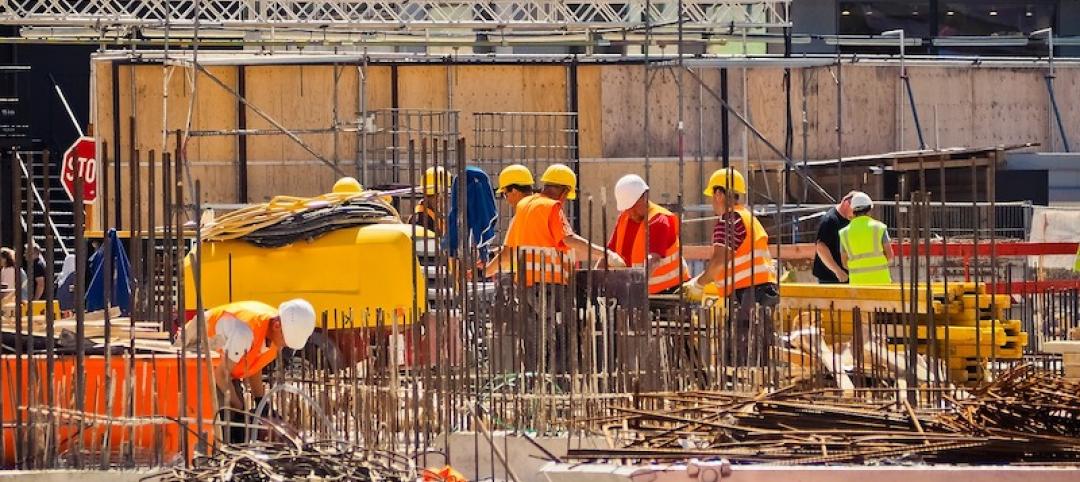The 2015 International Green Construction Code (IgCC) will include the option to use an outcome-based approach when complying with local building energy codes, the first time the IgCC has allowed this method.
Previously, building energy codes relied on two main pathways to demonstrate compliance: performance (modeling energy consumption), and prescriptive measures (following code-defined values for individual building components). Both approaches fail to fully account for how buildings use power once they are completed, occupied, and maintained, according to the Institute for Market Transformation (IMT).
The new provision will help communities to ensure energy-efficient buildings are meeting performance expectations. The outcome-based approach requires the building owner to provide the building’s utility bills for a 12-month period within three years. This will ease pressure on code departments and align with the growing number of energy benchmarking regulations across the country, IMT says.
The decision to include an outcome-based pathway in the 2015 IgCC will directly influence future editions of the IgCC and other codes such as the Energy Conservation Code. This should smooth the process of including ASHRAE Standard 189.1 and the LEED green building program into the development of the IgCC, IMT says.
(http://www.imt.org/news/the-current/outcome-based-pathway-is-voted-into-the-2015-igcc)
Related Stories
Codes and Standards | Jan 6, 2020
OSHA plans multiple revisions to rules impacting construction industry in 2020
Cranes and derricks, welding in confined spaces, beryllium exposure, and more on docket.
Codes and Standards | Jan 3, 2020
Labor supply and capability of workers worry contractors
Three out of four firms plan to add workers in 2020.
Codes and Standards | Jan 3, 2020
Car-free streets could become common in major cities
New York and San Francisco establish thoroughfares dedicated to transit, pedestrians.
Codes and Standards | Jan 2, 2020
CRE professionals have increased interest in embodied carbon accounting, smart buildings
Survey also shows that interest in resiliency lags behind.
Codes and Standards | Jan 2, 2020
White paper focuses on Metal Composite Material labeling
Document part of effort to uphold industry standards for the product.
Codes and Standards | Dec 18, 2019
Hard Rock Hotel collapse in New Orleans puts spotlight on undocumented workers
Having helped rebuild the city after Hurricane Katrina, many under threat of deportation.
Codes and Standards | Dec 18, 2019
Maryland lawmakers take on blocked sidewalks during construction projects
Legislation clarifies developers’ responsibilities.
Codes and Standards | Dec 18, 2019
New York City passes legislation to prevent bird strikes on buildings
Requires bird-safe materials on first 75 feet of a structure.
Codes and Standards | Dec 16, 2019
New Buildings Institute seeks entries for Zero Buildings Database
Listing illustrates feasibility of ultra low-energy buildings.
Codes and Standards | Dec 13, 2019
USGBC launches new tool to prioritize sustainability strategies
Highlights building design features that can lead to better performance.

















